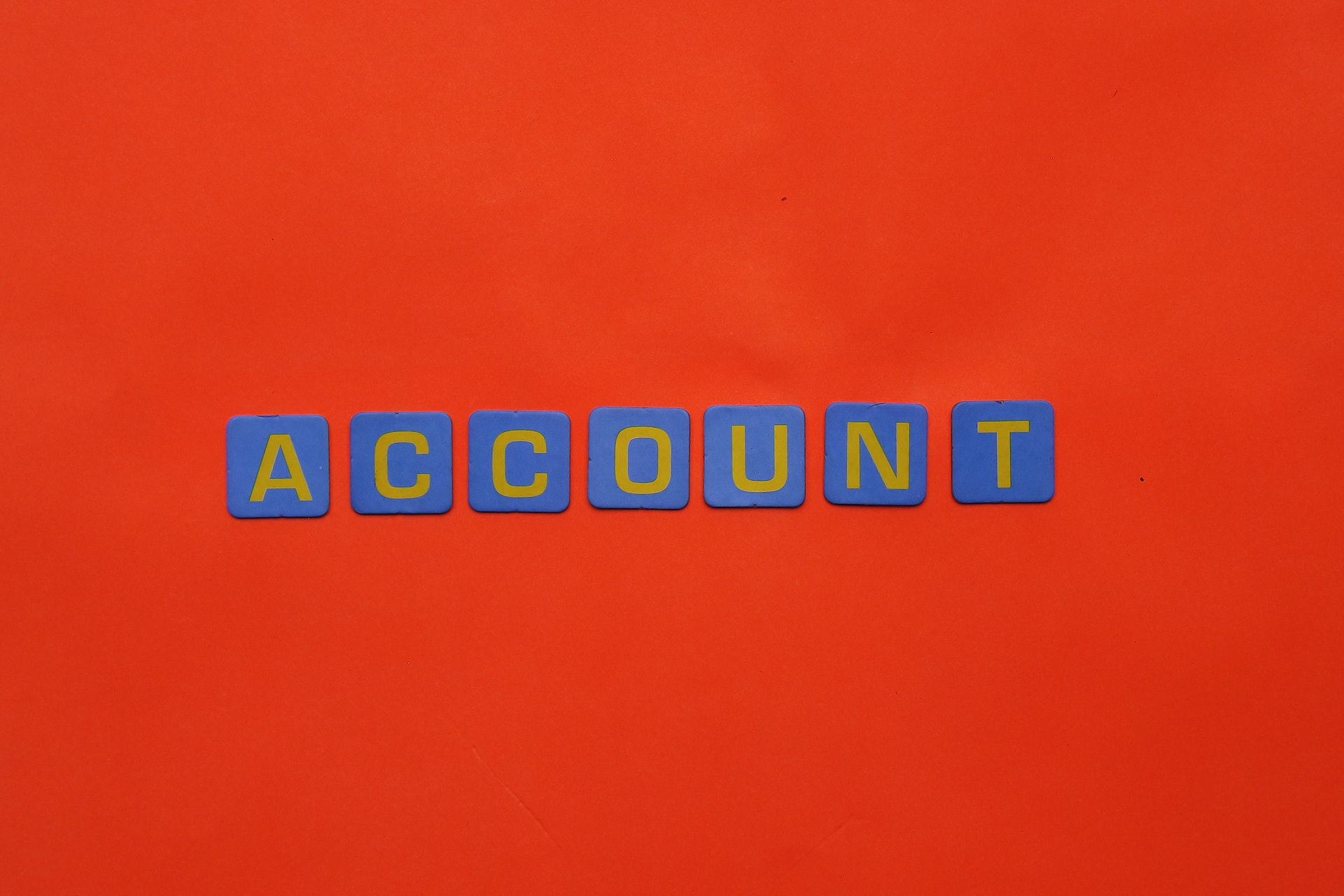Although loans can help you meet your immediate needs and even achieve your financial goals, there should be a limit to what you borrow. Also, you’ll need to do your due diligence before taking any debt and ensure you have a plan for utilizing the fund to avoid sinking into further debt.
Financial literacy education is invaluable for handling tough economic problems and making sound financial decisions. Fortunately, many nonprofits have dedicated themselves to educating the public about financial responsibility.
These financial literacy organizations help people understand debt and money, so they can access the different financial options available and make better-informed decisions.
Not every charity is dedicated to climate change advocacy or feeding the hungry like Food for Life Global, a food relief organization serving plant-based meals to hungry children in war-torn or crisis-riddled countries.
In a world filled with many lenders, you need to understand what you’re getting yourself into before committing. Most especially, you need to learn how to live debt-free and achieve financial freedom.
These seven financial literacy nonprofits offer free advice to help you achieve your financial goals.
Best 7 Financial Literacy Organizations
It’d be best to arm yourself with enough information before dabbling into loans, considering the high access to various loan options and their high-interest rates. Thankfully, some charities work with diverse communities to offer vital financial literacy resources and knowledge.
The following are seven leading financial literacy nonprofits to know:
1. Clear Point
Clear Point is an excellent place to start if you’re looking for top-quality financial advice and education. With an office in 12 states, this charitable credit counselor provides financial advice and free education online, over the phone, or in person.
They also acknowledge the importance of maintaining a locally-based, friendly, and strong financial institution, leading to its excellent working relationship with nearly every credit union across the country.
2. MoneyThink
This nonprofit group focuses on youth financial literacy and mentorship by educating urban high school students through trained college students. MoneyThink believes if they help young people to develop entrepreneurial and financial values, they’ll understand the basics of business development and personal finance. Furthermore, they’ll become financially responsible to handle financial issues as they grow.
3. National Foundation for Credit Counseling (NFCC)
The primary motive of the National Foundation for Credit Counselling (NFCC) is to ensure all credit counselors conform to some established standards. With agency members in all US states, including Puerto Rico, consumers can trust these agencies to get the best services. Most of these agencies offer free effective financial education and services, from debt management to budgeting.
4. Advantage Credit Counseling
For over 40 years, Advantage Credit Counseling has provided free credit and debt counseling and helped more than 400,000 consumers become debt-free.
The nonprofit organization has tons of vital finance articles in its database, and anybody can access them anywhere. They also provide personalized financial planning and advice through the online credit counseling program.
5. Operation Hope
This nonprofit is dedicated to empowering underserved communities by providing education to areas filled with low-income earners. Operation Hope focuses on making access to resources available for everyone in a capitalistic society. It offers credit counseling and personal finance education to individuals, families, and communities.
Students can pitch their business ideas, get funding, and enjoy mentorship in Operation Hope. This program helps them imbibe healthy economic values while promoting opportunity and dignity.

6. Springboard
Springboard is a group of credit counselors offering assistance to people wanting to manage and improve their financial condition. These credit counselors provide informed, free, unbiased advice regarding bankruptcy and debt.
7. Consolidated Credit Counseling Services
The Consolidated Credit Counseling Services (CCCS) is a nonprofit committed to education and community while providing proven programs designed to promote financial literacy in the country. If you need financial advice, quickly head to their website for free professional guidance.
Understanding Financial Literacy
Financial literacy entails possessing the knowledge and skills necessary to understand debt and money in your business and personal life. Simply put, it involves how you make your money, spend, invest, or save it.
Financial literacy and education also entail using the available resources to make sound decisions. Financially-literate people are those that understand how to meet their expenses, the budgeting concept, and income taxes to enable them to make great money decisions.
Financial literacy is beneficial to both organizations and individuals in many ways. Hence, many people invest resources and time to learn how to create a budget, plan for the future, pay off debt, and track spending.
Fortunately, many financial literacy charities can help people acquire these skills for free. Thus, it’s crucial to identify the best of them, as we already listed!
Importance of Financial Literacy
As a financially literate person, you’re now equipped to manage your money more confidently, so you can prepare for any eventualities by understanding how to handle and prevent financial problems.
For instance, you can track your credit card and bank accounts to discover any potential fraud on time. Furthermore, financial literacy helps you save diligently for what you consider important, like your child’s college education or vacation.
Impact of Financial Literacy on Your Life
Some significant impacts of financial literacy include the following:
Know the Amount You Earn and Spend
When building financial literacy, one way to understand your expenses and income is to make a budget. After creating a budget, continue tracking your spending and revisit the expense sheet regularly.
You can explore any budgeting methods available, including the 50/30/20 plans or the zero-based option. Choose the one you’re likely to maintain.
Repay and Avoid Debt
Before taking a loan from a particular lender, check other financial institutions to compare the interest rates. That way, you’ll go for the one with the lowest interest rate to save a significant amount over time. Also, it’ll help you pay off your monthly credit card balances to avoid accruing interest charges.
If you’re already in debt, financial literacy will help you decide the best method to become debt-free, either with the help of professional credit counselors from financial literacy nonprofits or by yourself.
Don’t forget that not all debts are bad. Taking a home loan from The Mortgage Shop to buy a rental property isn’t bad. Besides the rent, the equity it’ll generate over time will help you pay off the mortgage.

Achieve a Secured Retirement
Regardless of your short-term plans, it’s always best to start saving for retirement on time. Financial literacy lets you know how to save, the type of retirement plan that suits you, when you want to retire and how you plan on getting there.
Protect Yourself From Bankruptcy and Debt
Creating an emergency savings account is the best way to avoid accumulated debt. As a financially-literate person, you need to set aside three to six months’ expense funds and maintain them. That way, you won’t get thrown into a quagmire when an emergency hits you.
How to Achieve Financial Literacy
You don’t have to be too good with money to seek effective financial education. As a saver looking forward to retiring well and enjoying financial freedom, gaining financial literacy is crucial.
The following are vital steps to achieving financial literacy:
Look for Free Resources
Take advantage of the free resources and tools available to you through most of these nonprofits. Your credit card issuer, credit union, or bank can track your spending habits on their app or website, so you might want to start from there.
Also, several banks offer free credit score monitoring. Consider using these tools to understand how you spend your money and your credit history.
Consider Credit Counseling
You can seek professional help from a credit counseling agency. Organizations like CESI Debt Solutions, Financial Finesse, and InCharge employ qualified and certified counselors specializing in debt payoff techniques and budgeting. Also, it’d be best to work with a certified financial planner or financial advisor if you can afford it.
These experts can help pay down debt, save for retirement or college, plan for taxes, and set financial goals. You can find these professionals online or at your location.
Check With Your Employer
Some companies offer employee financial wellness programs or free financial counseling, as part of their workplace benefits. If so, you can speak to a financial expert to give you an early insight into areas to focus on, such as debt reduction, budgeting, retirement, or savings.
Conclusion
Financial literacy is vital in the life of every American if they intend to live debt-free and enjoy financial freedom when they retire. However, it’s often challenging to know where to get the right information without paying hundreds of dollars to a professional certified financial planner or advisor.
Fortunately, these financial literacy nonprofits on our list have taken on the task of providing vital information for financial success. Go through their websites to choose the one that works for you!
This article is brought to you by The Mortgage Shop, Cash Flow Note Pad, and Pinto Capital Investments.
The Mortgage Shop is East Coast’s leading company for vacation homes, long-term rental, and short-term rental loans, helping savvy borrowers become property investors to build generational wealth for over 15 years. They’re also knowledgeable in rental income, self-employed income, and 1031 exchanges while helping their clients understand their property cash flow.
On the other hand, The Cash Flow Note Pad focuses on flipping houses and helping clients sell and buy properties while growing their Airbnb rentals.
Pinto Capital Investments is a private real estate investment company specializing in buy-and-hold commercial real estate and apartment building acquisitions.
Besides these nonprofits mentioned above, many charities also seek donors to help their cause. You just need to choose one that resonates with your values.
Read next: Top Charities in Oregon to Support.





